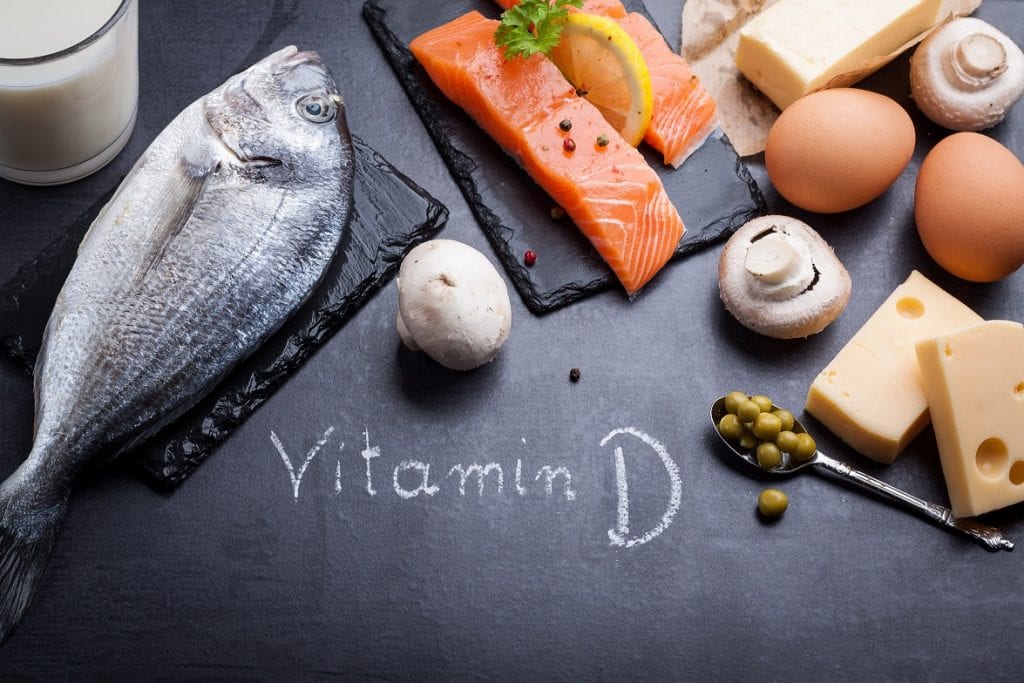We all need Vitamin D.
It is essential to help regulate normal bone mineralization. Without it, bones become thin and brittle, leading to a variety of medical conditions (including osteoporosis). It is essential for gut absorption of calcium, and the regulation of phosphorus metabolism.
Much of the medical community believes vitamin D plays an essential role in a host of other medical conditions – including but not limited to cancer, cardiovascular disease, diabetes, and rheumatoid arthritis. Because of these claims, there has been an explosion of testing vitamin D levels and vitamin D supplementation. Most of the beneficial effects of vitamin D (as it pertains to these conditions) is supported only by recently-refuted observational studies. Adding to the confusion surrounding vitamin D are several controversial topics.
○First, there is no consensus in the medical community as to what is considered a healthy level of vitamin D.
Approximately 70% of the U.S. population has a vitamin D level less than 30ng/ml, which most organizations consider deficient. Others in the medical community don’t consider someone as being deficient until below a level of 20ng/ml.
○The second controversy surrounds sunscreen use and whether it contributes to vitamin D deficiency.
When you expose your skin to natural sunlight, it manufactures vitamin D. The primary way to get vitamin D is from sunshine, so one begins to understand why there is debate over sunscreen and its ability to hamper our vitamin D levels. To date, there is no compelling evidence or data that shows every day/typical sunscreen use leads to vitamin D deficiency. Besides, most people are not smothering their whole body with sunscreen, so there is usually some skin exposed to the sun; which does not have sun protection factor (SPF) on it. Also, even high SPF sunscreens allow some ultraviolet light to hit the skin, stimulating vitamin D production.
In contrast, there is plenty of evidence showing the benefits of sun protection and sunscreen in the reduction of sun-induced aging and skin cancer. The world health organization has made it clear that the vast majority of skin cancers, including melanoma, are directly correlated with sun exposure.
If you have your labs drawn and the blood level reflects you are vitamin D deficient, unprotected sun exposure is not the answer. Instead, try to increase intakes of fatty fish like salmon (lots of other health benefits), egg yolks and other foods fortified with vitamin D. Another option is to supplement with cod liver oil which has more than double the daily recommended dose of vitamin D in just a tablespoon. If levels don’t increase with dietary change, then add in a vitamin D supplement. There are plenty of clean vitamin D supplements on the market.
A word of caution: Mega doses of vitamin D are rarely necessary (and most people should not be consuming more than 2000 I.U. per day). There are risks and toxicities associated with consuming too much vitamin D.
To conclude and summarize; between diet and sunshine (even when using SPF) most people will be getting more than enough vitamin D. If your level is still low: take a supplement that does not exceed 2,000 I.U. (unless approved by your physician for a specific reason).
If you still have questions, please don’t hesitate to see us in the office and we can discuss this topic further!
Until next time,
-Dr. Greg Barron, M.D.

